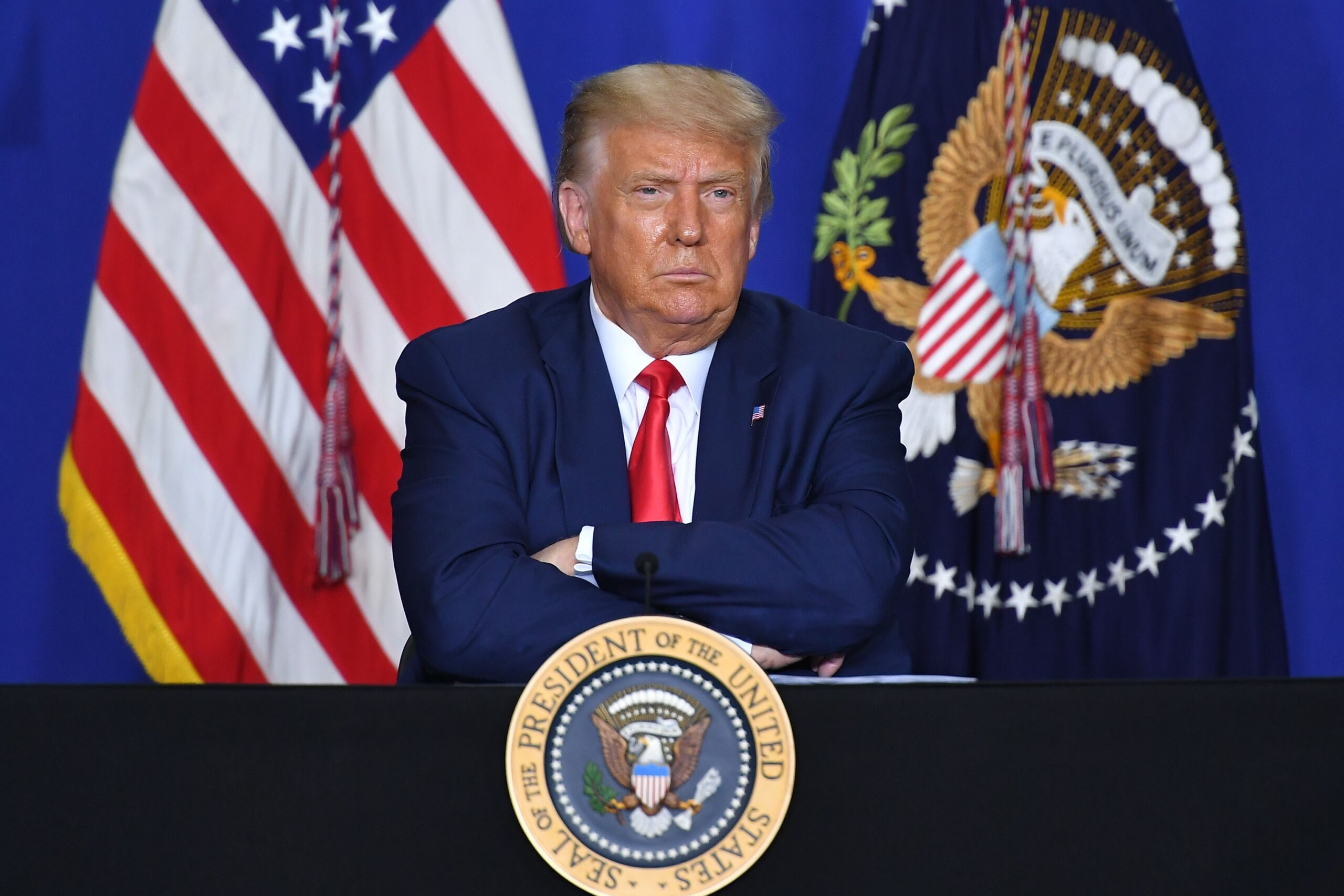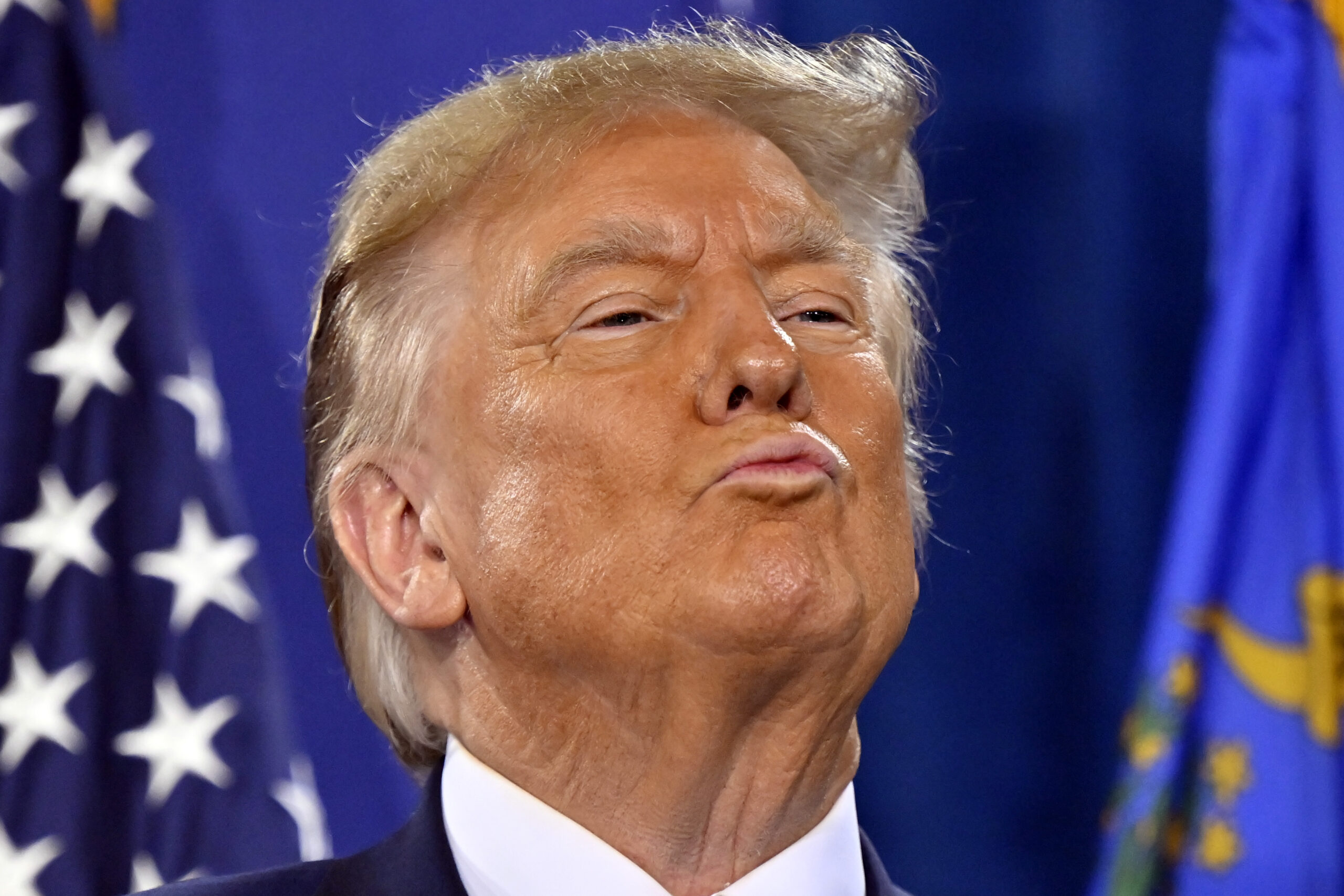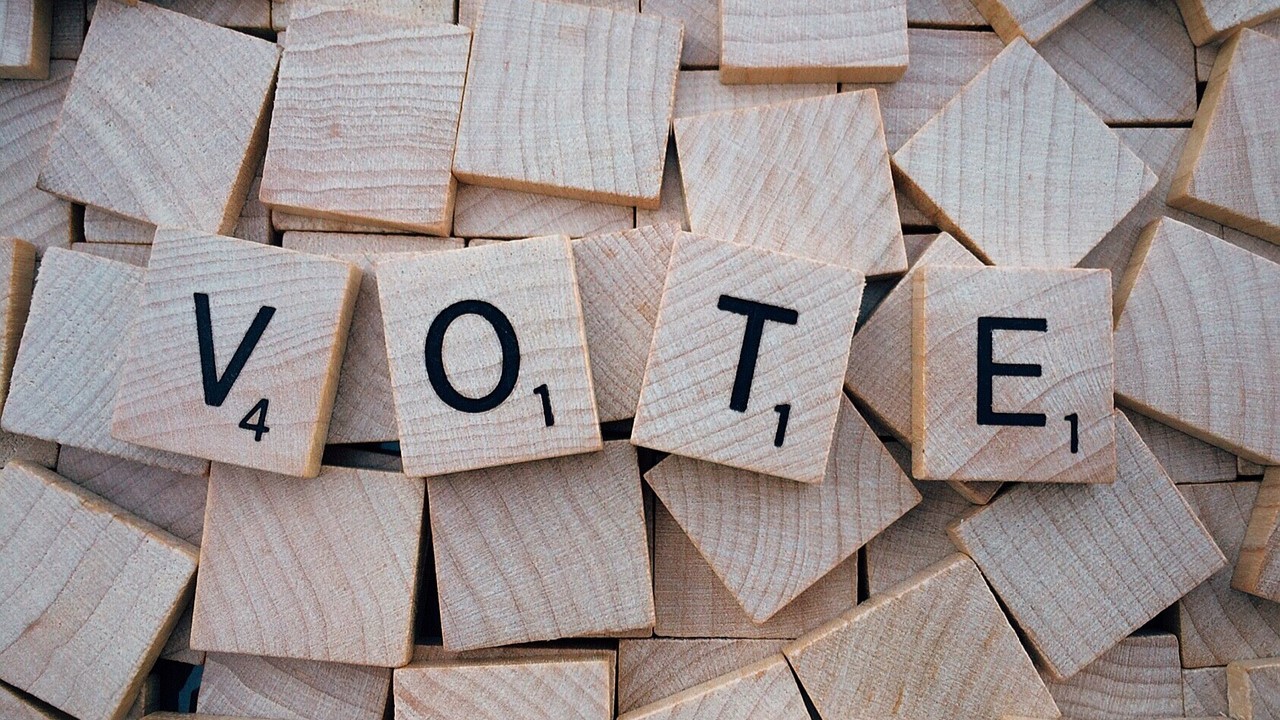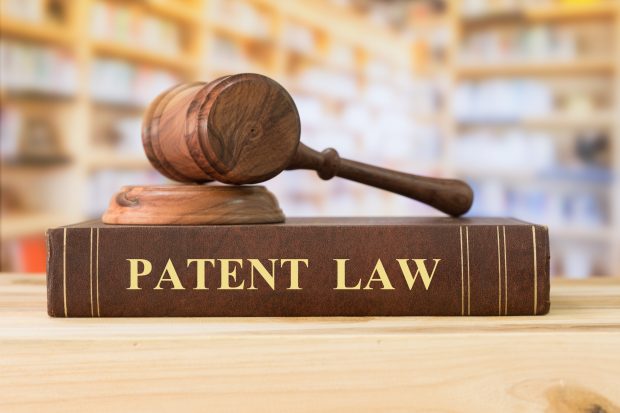Reducing
your
law
firm
overhead
goes
hand
in
hand
with
better
serving
your
clients.
After
all,
with
more
consistent
cash
flow,
you
can
spend
more
on
the
critical
resources,
tools,
and
staff
that
make
or
break
your
reputation.
Even
with
a
steady
influx
of
clients
and
cases,
many
law
firms
struggle
to
maintain
steady
revenue.
Over
time,
even
small
leaks
can
lead
to
missed
opportunities
and
unsatisfied
clients.
Effective
law
firm
cost
control
management
is
crucial
for
improving
your
firm’s
cash
flow
and
client
experiences—it
also
sets
your
firm
up
to
scale
growth.
You
may
be
wondering:
How
can
law
firms
save
money?
Where’s
the
best
place
to
start
with
reducing
your
expenses?
In
this
article,
we’ll
give
an
overview
of
the
unique
challenges
of
managing
law
firm
cash
flow,
why
cost
control
strategies
are
important
for
growth,
and
five
cost
control
strategies
and
best
practices
that
can
help
your
law
firm
achieve
greatness.
What
is
Cost
Control
for
Law
Firms?
Cost
control
refers
to
the
various
ways
that
law
firms
try
to
optimize
their
processes
and
reduce
expenses
in
order
to
increase
profitability.
This
is
done
by
tracking
billable
and
non-billable
hours,
law
firm
expenses,
cash
flow,
and
other
metrics,
then
implementing
improvements
based
on
your
findings.
Unique
Challenges
for
Law
Firm
Cost
Control
Finding
ways
to
control
law
firm
costs
is
a
pillar
of
any
business.
However,
unlike
a
retail
business,
the
ethical
and
financial
limitations
of
legal
finance
management
create
some
unique
cost
control
challenges.
1.
Lack
of
Control
on
Profit
Leakage
“Profit
leakage”
refers
to
the
various
ways
that
businesses
lose
expected
income.
Just
like
a
leaking
pipe,
a
few
small
(but
consistent)
drips
may
add
up
to
a
much
bigger
problem
over
time.
Here
are
the
top
sources
of
law
firm
profit
leakage:
-
Inconsistent
or
inefficient
billing
practices
-
Manual
receipt
tracking
and
data
entry
-
No
time
or
expense
tracking
tools
-
Not
scoping
work
correctly
Without
quantifiable
and
accurate
methods
to
track
and
bill
for
your
time
and
scope
work,
you
may
be
undervaluing
your
services—that
adds
up
in
the
long
term.
2.
Lack
of
Insight
Into
Spending
Without
a
clear
view
of
your
monthly
spending,
you
may
be
surprised
by
unexpected
end-of-the-month
expenses.
This
can
be
devastating
for
a
growing
law
firm
and
may
force
attorneys
to
shift
attention
away
from
their
clients.
3.
Uncaptured
Law
Firm
Expenses
To
effectively
serve
clients,
law
firms
employ
many
tools
and
outside
help.
With
so
much
on
their
plate,
oftentimes
lawyers
inadvertently
take
a
set-it-and-forget-it
approach
for
things
like
subscriptions
and
recurring
services.
Or,
they
forget
to
account
for
some
expenses
altogether,
such
as
not
tracking
mileage
and
parking
fees
when
driving
to
court.
These
uncaptured
and
untracked
law
firm
operating
expenses
can
lead
to
significant
overhead
costs
that
are
hard
to
diagnose
and
fix.
Capturing
and
categorizing
your
firm’s
expenses
is
the
first
step
to
improving
your
firm’s
financial
health.
4.
Reimbursable
Case
Expenses
Missed
Many
lawyers
live
in
fear
of
losing
track
of
an
invoice
or
forgetting
to
enter
billable
work
into
their
case
management
system.
After
all,
why
do
all
that
hard
work
if
you
aren’t
getting
paid
for
it?
When
your
accounting,
time
tracking,
and
billing
are
spread
across
disjointed
systems,
it
becomes
a
lot
easier
for
billable
work
to
fall
through
the
cracks.
Add
to
that
the
time
wasted
on
manual
data
entry,
invoice
follow-ups,
and
other
law
firm
accounts
receivable
(A/R)
processes,
and
you
may
find
you’re
consistently
losing
track
of
hard-earned
income.
5.
Inability
to
Enforce
Budgets
Setting
a
budget
is
a
great
way
to
set
quantifiable
revenue
goals,
increase
law
firm
cash
flow,
and
grow
your
business
over
time.
However,
you
may
find
yourself
constantly
playing
catch
up
as
you
try
to
bill
clients,
track
law
firm
operating
expenses,
deal
with
unexpected
bills,
and
more.
In
other
words,
in
the
absence
of
historical
financial
data
and
key
law
firm
performance
indicators,
which
serve
as
a
fiscal
north
star,
sticking
to
a
budget
is
nearly
impossible.
6.
Manual
Receipt
Tracking
Some
firms
have
been
slow
to
adopt
digital
financial
tools
—and
it
shows.
Manual
data
entry
and
receipt
tracking
are
error-prone
and
time-consuming.
Lawyers
who
still
rely
on
old-school
spreadsheets
or
antiquated
software
spend
significantly
more
time
on
non-billable
administrative
work.
Why
Is
It
Important
to
Have
a
Law
Firm
Cost
Control
Strategy?
Why
are
you
not
as
profitable
as
expected?
It
might
be
because
you
don’t
have
an
effective
law
firm
cost
control
strategy
in
place.
In
truth,
understanding
how
law
firms
can
save
money
is
one
of
the
areas
where
many
lawyers
struggle.
After
all,
you
went
to
school
to
practice
law,
not
manage
finances.
Here
are
the
top
reasons
your
law
firm
should
implement
a
cost
control
strategy:
-
Peace
of
mind:
Gain
confidence
that
nothing
has
slipped
through
the
cracks
by
ensuring
your
expense
management,
time
tracking,
and
billing
data
are
centralized
in
one
place.
Using
law
firm-specific
time-tracking
templates
is
one
way
to
standardize
your
information.
-
Increased
profits:
Accurately
tracking
your
case-related
expenses
can
help
you
identify
areas
for
growth
and
improve
your
cash
flow.
-
Reduced
financial
risk:
Even
unintentional
misuse
of
funds
can
land
law
firms
in
hot
water
leading
to
IOLTA
compliance
violations
and
lost
reputation.
Protect
your
firm
by
taking
control
of
your
finances.
4
Strategies
for
Law
Firm
Cost
Control
Exceptional
work
and
happy
clients
are
the
cornerstones
of
a
successful
law
firm.
Implementing
effective
cost
control
strategies
isn’t
there
to
limit
what
you
can
do,
but
enhance
everything
that
already
makes
you
great.
Below
are
our
top
four
strategies
to
take
control
of
your
finances.
1.
Evaluate
Law
Firm
Costs,
Profitability,
and
Revenue
Leakage
To
establish
a
law
firm
budget,
you
first
need
a
comprehensive
view
of
all
of
your
invoices,
expenses,
and
billable
hours.
Integrating
case
management
software
into
your
daily
processes
is
a
good
way
to
start.
This
will
streamline
things
like
expense
and
hour
tracking
(for
both
billable
and
non-billable
tasks).
Most
importantly,
it
will
give
you
quantifiable
data
to
work
with.
Once
you
categorize
your
various
expenses
and
revenue
sources,
you
can
hone
in
on
the
areas
where
you’re
underperforming.
Focus
on
setting
financial
goals
that
are
trackable
and
achievable
within
a
set
period.
For
instance,
if
you
find
a
major
area
of
revenue
leakage
is
inefficient
accounts
receivable
(A/R)
management
and
billing,
you
can
set
a
goal
of
reducing
the
hours
spent
on
billing
by
20%
in
the
next
quarter.
To
accomplish
that,
you
may
consider
investing
in
automated
billing
or
digital
payment
tools.
2.
Implement
Law
Firm
Cost-Saving
Measures
Unnecessary
expenses
and
services
will
slowly
but
surely
eat
away
at
your
profits.
With
a
centralized
view
of
your
expenses,
receipts,
billable
hours,
and
other
financial
data,
you
can
determine
the
cost-saving
steps
your
firm
needs
to
take—and
those
it
doesn’t.
Instead
of
arbitrarily
cutting
costs,
leverage
technology
to
make
data-driven
decisions.
Common
areas
of
focus
when
reducing
law
firm
overhead
include:
-
Manual
tasks:
Are
there
tasks
like
billing
and
scheduling
that
could
be
automated?
Could
legal
software
help
you
save
time
in
areas
like
these?
-
Unused
service
subscriptions:
Many
of
us
regularly
pay
for
various
software
subscriptions,
answering
services,
and
more.
Are
you
using
all
of
them?
Are
there
duplicate
services
that
could
be
cut?
-
Office
space:
An
increasing
number
of
firms
are
going
remote
because
it
reduces
real
estate
costs,
and
clients
often
prefer
online
interaction.
-
Ineffective
marketing:
Lead-tracking
will
help
you
determine
which
of
your
advertising
methods
were
effective
and
which
were
duds.
This
helps
you
spend
more
strategically
on
marketing
moving
forward.
3.
Optimize
Law
Firm
Cash
Flow
Law
firms
have
unique
cash
flow
challenges
because,
in
many
cases,
any
profit
from
your
hard
work
is
unrealized
until
it’s
actually
billed
and
paid.
It’s
easy
to
get
caught
up
working
with
current
clients
and
bringing
new
ones
in,
as
unpaid
client
bills
can
start
to
add
up.
An
inefficient
or
outdated
accounts
receivable
process
is
one
of
the
biggest
culprits.
Strict
payment
terms,
unresponsive
clients,
and/or
manual
processes
can
all
account
for
a
consistently
high
A/R.
Implementing
a
legal
payment
solution
can
significantly
improve
your
cash
flow
by
automating
many
billing
tasks
and
making
payment
more
convenient.
This
removes
the
burden
of
following
up
with
clients
and
provides
the
tools
necessary
to
set
up
client-friendly
alternative
payment
structures.
Having
a
simplified
and
modern
billing
process
can
increase
your
available
funds
and
provide
more
stability.
4.
Monitor
Law
Firm
Financial
Performance
Do
you
know
how
healthy
your
firm’s
financial
outlook
is?
A
lot
of
law
firms
measure
their
success
by
caseload
and
number
of
clients—but
the
truth
is,
that
doesn’t
necessarily
indicate
a
healthy
cash
flow.
Regular
financial
reports
are
incredibly
important
to
get
an
honest,
bird’s-eye
view
of
your
law
firm’s
performance.
With
custom
reports,
you
can
both
determine
the
financial
health
of
your
business
and
narrow
down
specific
areas
for
improvement.
Leveraging
Technology
for
Cost
Control
You
can’t
execute
an
effective
cost
control
strategy
on
instinct
or
hunches
alone.
That’s
why
leading
law
firms
leverage
technology
to
track
KPIs
and
optimize
their
daily
processes.
Legal
billing
and
case
management
software
is
helping
law
firms
of
all
sizes
stay
competitive
and
increase
profits.
Here
are
a
few
of
the
ways
technology
can
help
save
money
at
your
law
firm:
Monitor
Firm
Spending
With
Dashboards
Dashboards
are
visualizations
of
various
types
of
data
in
the
form
of
graphs
and
statistics.
Reports
on
modern
spend
management
software
for
law
firms
can
give
you
real-time
insights
into
all
of
your
expenses.
Combining
spend
and
case
management
solutions
allows
you
to
spot
trends
and
find
actionable
areas
for
improvement.
Many
software
solutions
will
also
let
you
integrate
your
existing
accounting
and
case
management
solutions
so
you
can
have
a
centralized
view
of
all
of
your
data.
Dashboards
are
also
a
great
way
to
monitor
your
firm’s
performance
at
a
glance
without
having
to
spend
hours
manually
inputting
data
and
running
equations
on
spreadsheets.
Digital
and
Paper
Receipt
Tracking
Manual
receipt
tracking
is
one
of
the
primary
forms
of
profit
leakage
in
law
firms.
Receipts
are
often
lost,
which
means
you
can’t
get
reimbursed
for
common
expenses.
Law
firm
spend
management
software,
like
MyCase
Smart
Spend,
can
help
you
simplify
your
expense
tracking
and
facilitate
reimbursement.
In
MyCase
Smart
Spend,
any
purchase
will
send
out
a
text
message
that
prompts
firm
employees
to
categorize
the
expense
and
take
a
picture
of
the
receipt
so
that
it’s
tracked
ASAP.
Automatically
Limit
Spending
in
Some
Categories
Every
day,
you
have
you
pay
for
various
expenses,
from
postage
and
court
filing
fees
to
office
supplies
and
various
other
costs.
Over
time,
you
may
be
surprised
how
this
can
add
up.
Credit
cards
are
useful
for
handling
business
expenses
but
can
become
a
source
of
profit
leakage
when
spending
isn’t
carefully
tracked.
Modern
legal
spend
management
tools
can
help
cut
down
on
careless
spending
by
setting
spending
limits.
Spending
limits
can
be
set
per
purchase
category,
employee
or
based
on
the
time
of
day,
reducing
your
financial
risk.
Track
Case-Related
Expenses
It’s
impossible
to
understand
your
law
firm’s
overhead
when
your
expense
tracking
consists
of
a
jumbled
stack
of
receipts,
a
spreadsheet,
and
maybe
an
old
filing
cabinet.
Expense
tracking
software
centralizes
all
of
your
expenses
and
categorizes
them.
A
centralized
view
lets
you
see
what
is
contributing
the
most
to
your
overhead
and
opens
up
areas
to
strategically
cut
costs.
Law
Firm
Cost
Control
With
MyCase
Smart
Spend
When
costs
get
out
of
control
or
slip
through
the
cracks,
law
firms
are
limited
in
their
ability
to
effectively
serve
their
clients.
In
other
words,
implementing
smart
cost
control
measures
is
about
more
than
profits—it’s
about
achieving
better
client
outcomes.
The
first
step
of
effective
law
firm
cost
control
is
visibility.
Modern
technology
like
MyCase
Smart
Spend
gives
law
firms
of
all
sizes
a
comprehensive
view
of
their
finances,
along
with
actionable
insights
on
how
to
improve
profitability.
MyCase
Smart
Spend
is
the
first
spend
management
tool
built
specifically
for
law
firms,
with
features
that
help
law
firms
simplify
the
way
they
track
expenses
and
bill
clients.
Ready
to
see
how
it
works
firsthand?
Schedule
a
free
10-day
trial
of
MyCase
today.











 Olga
Olga









